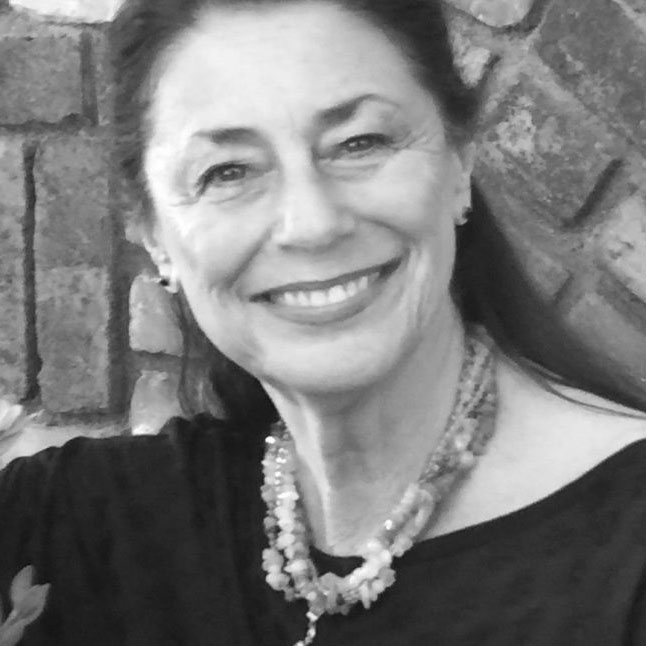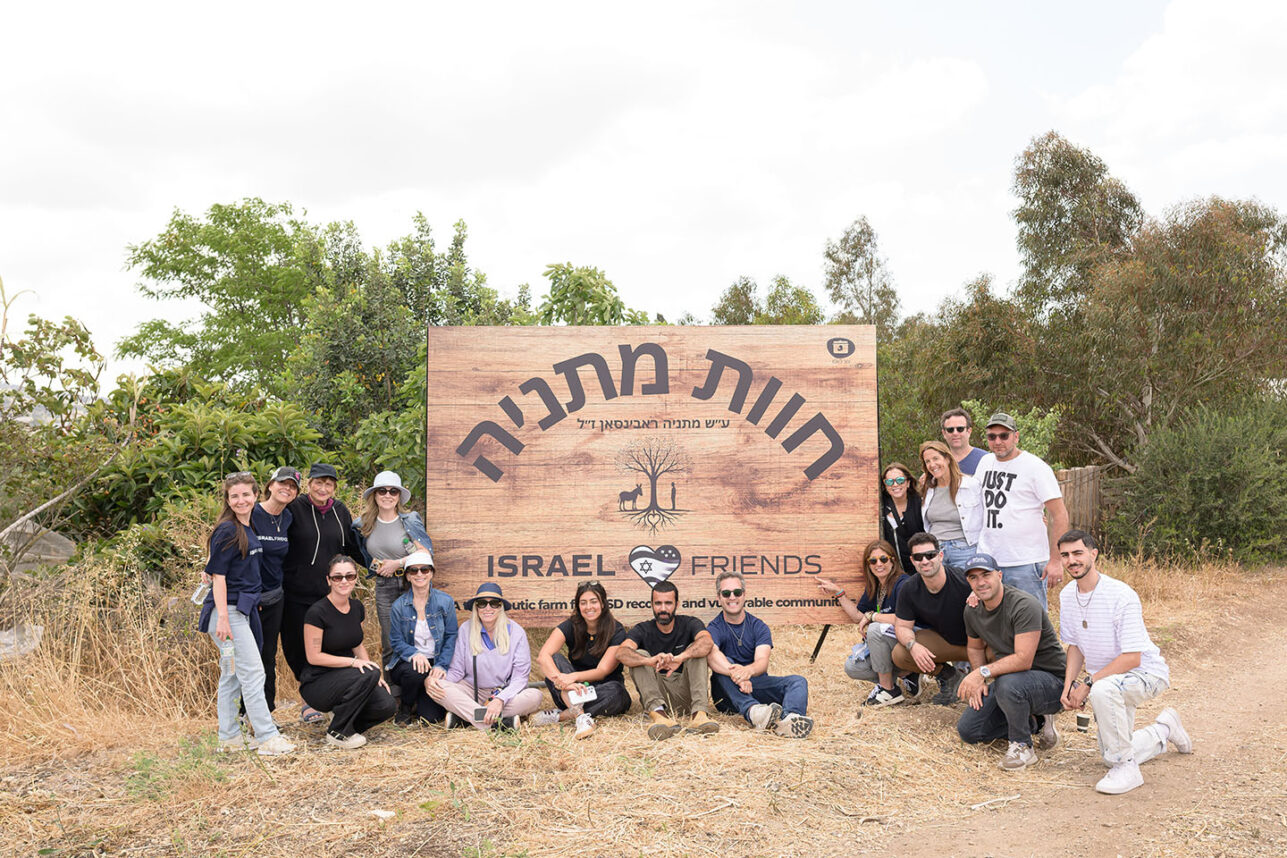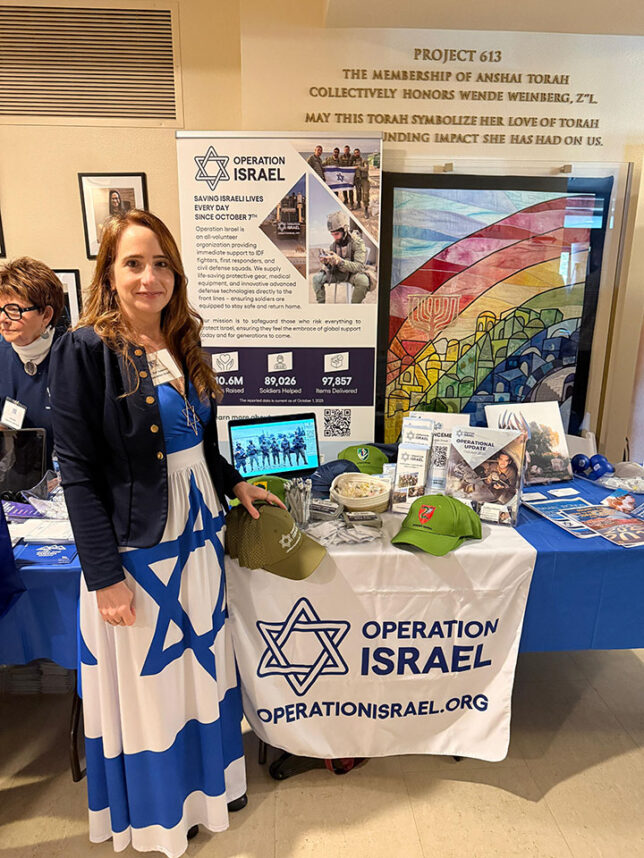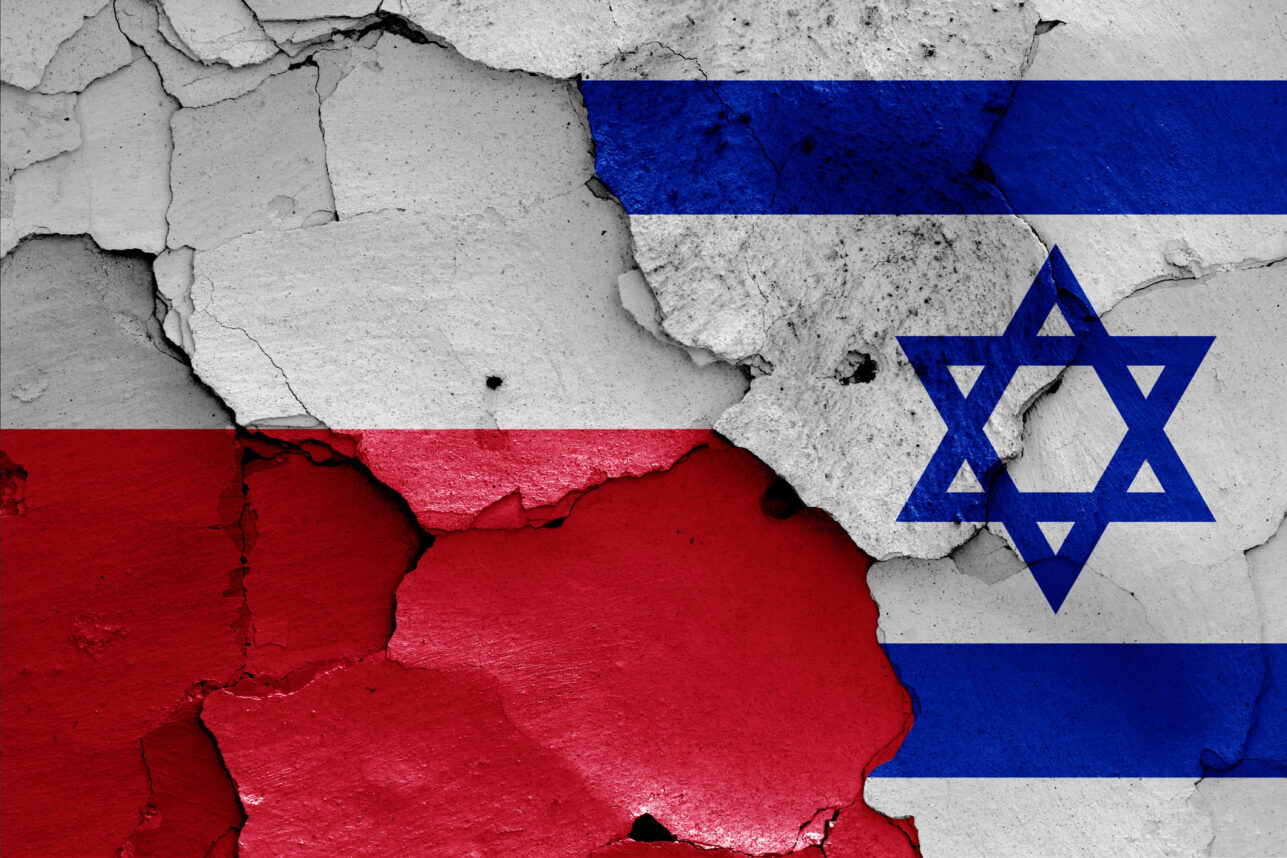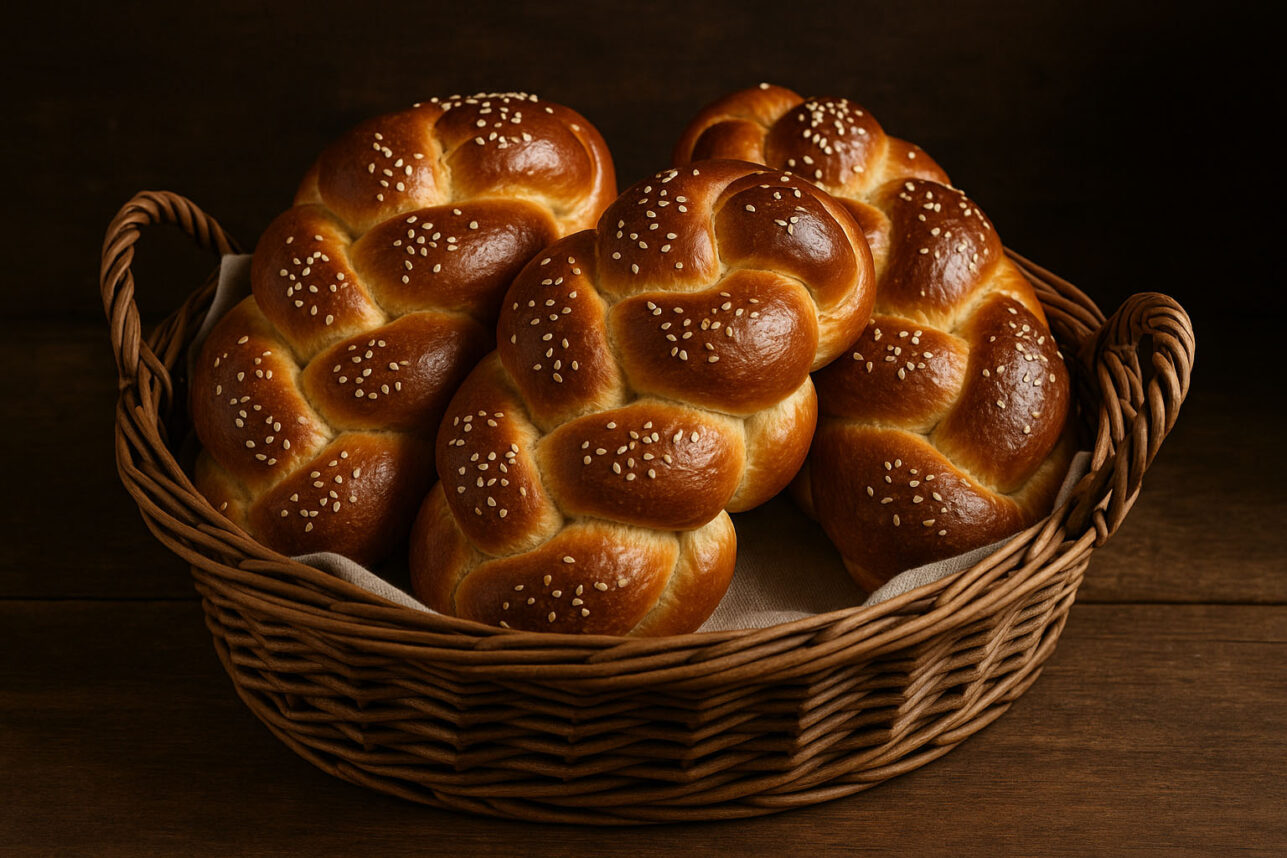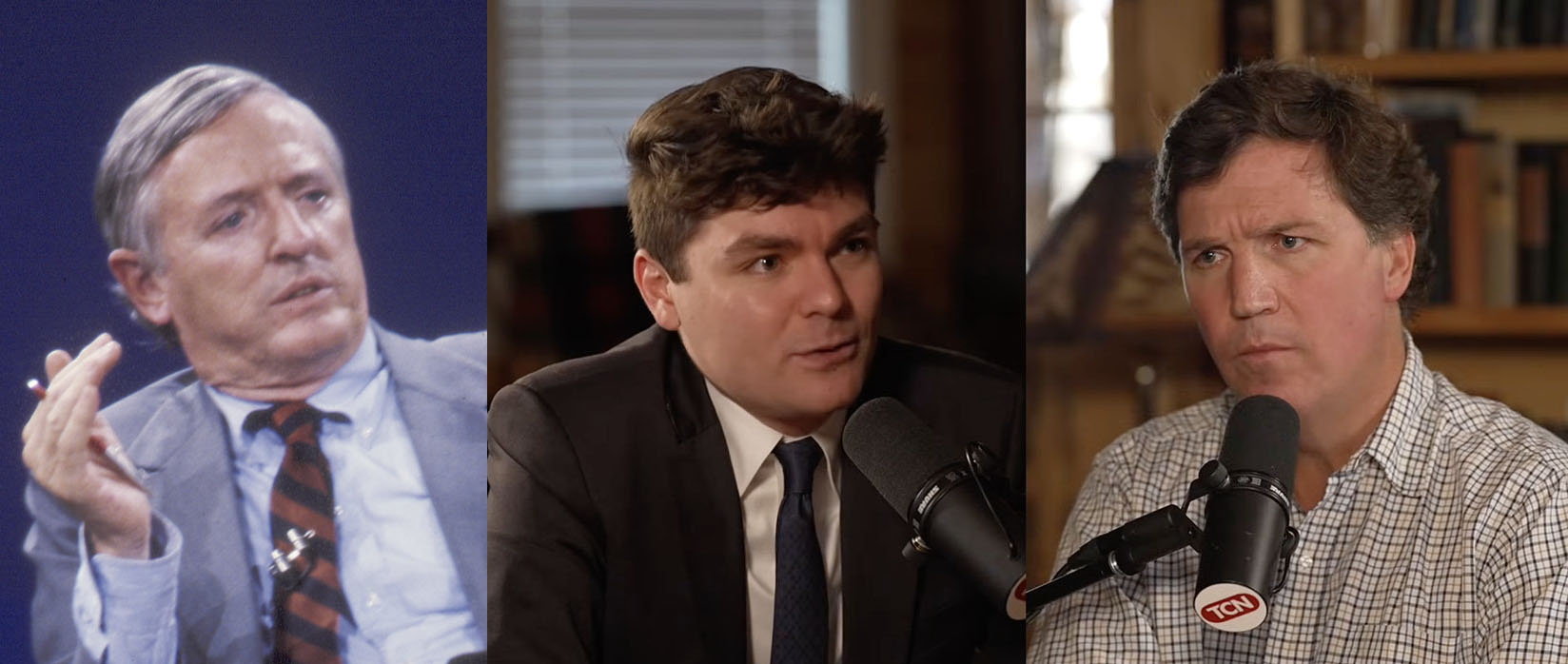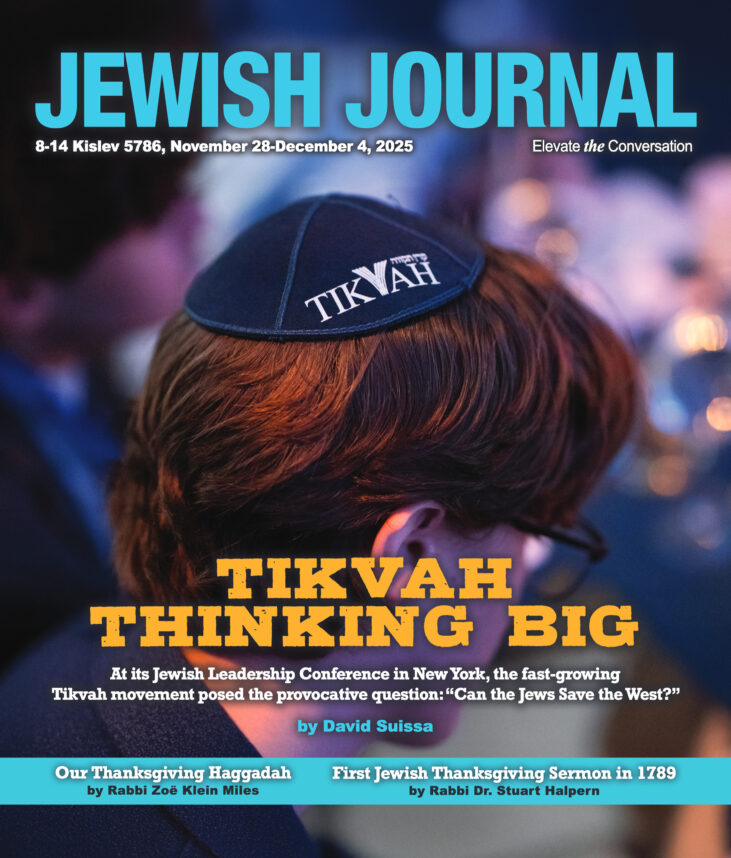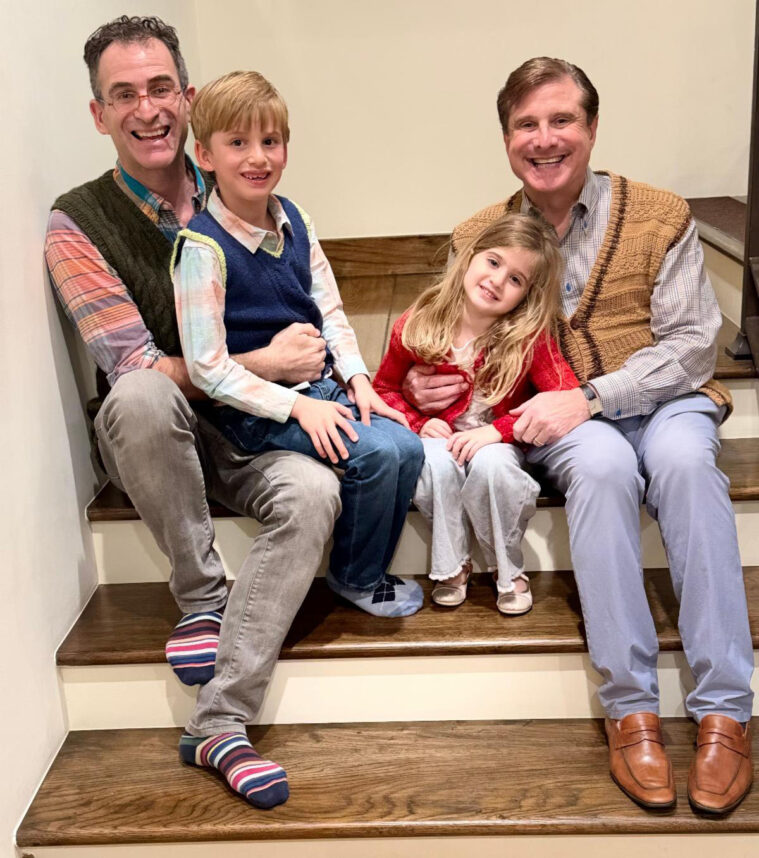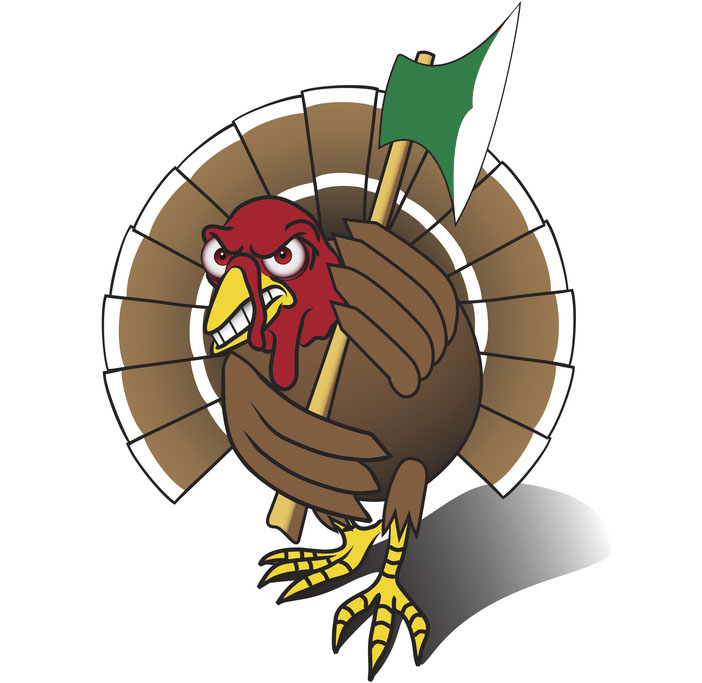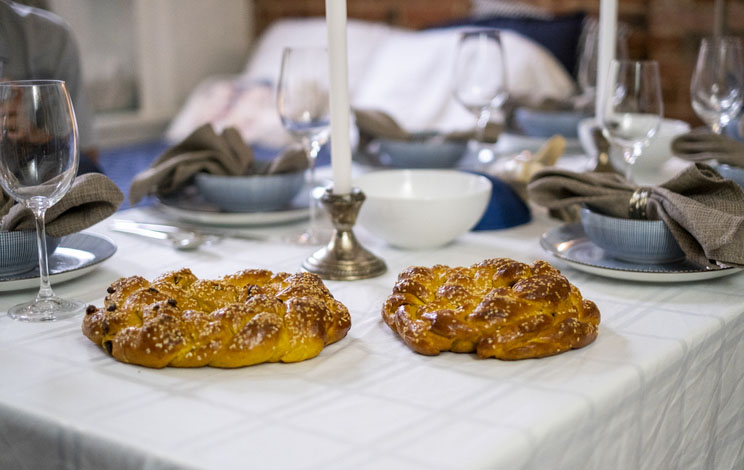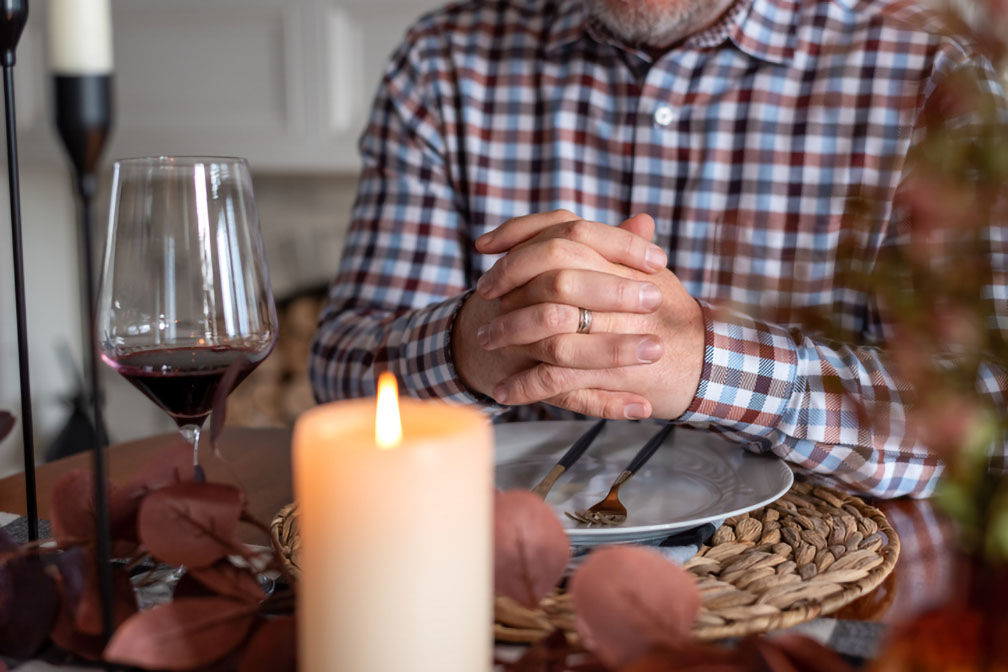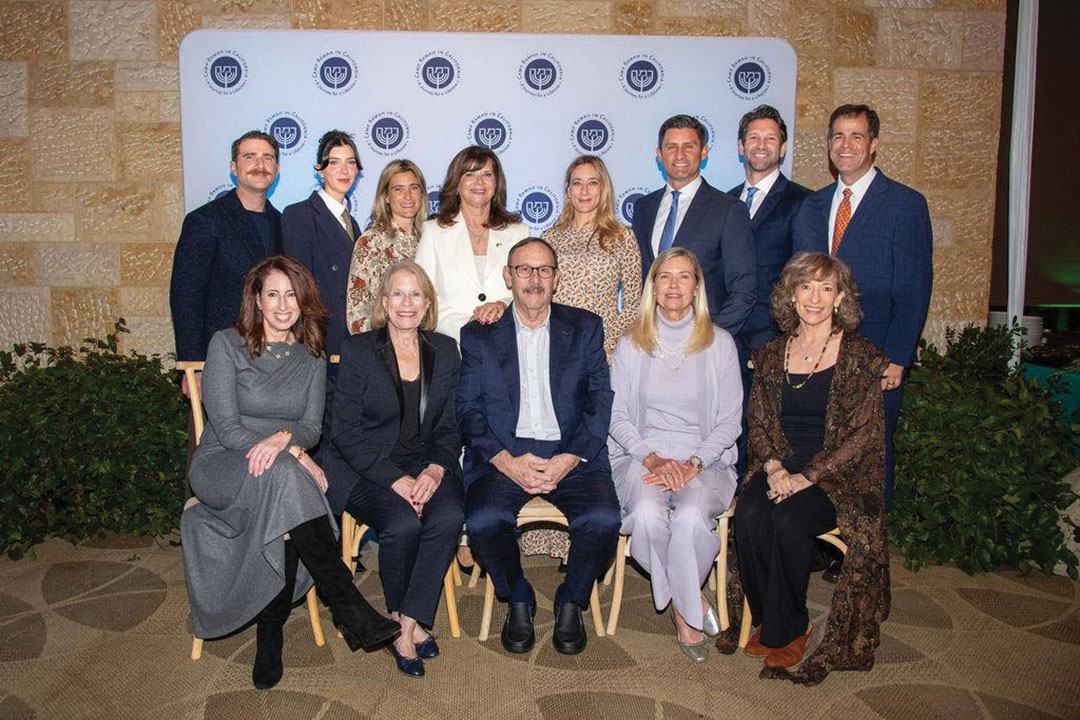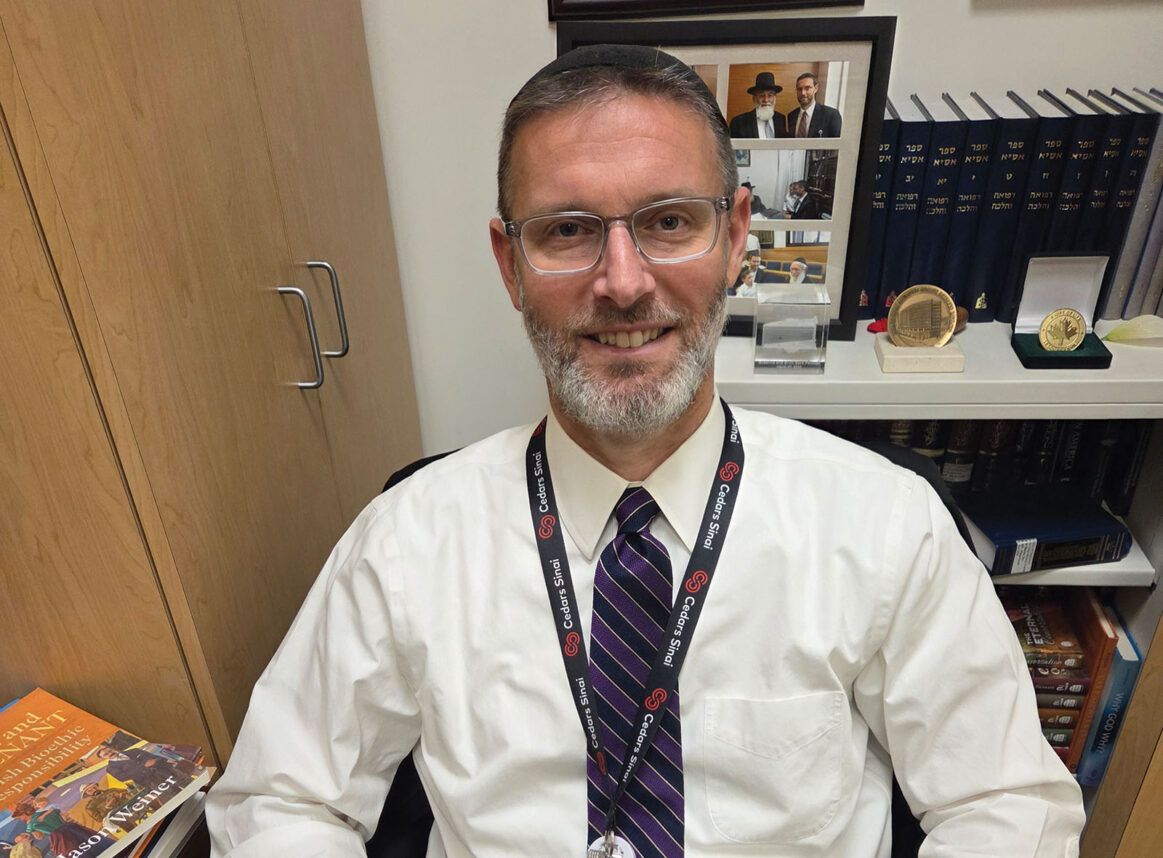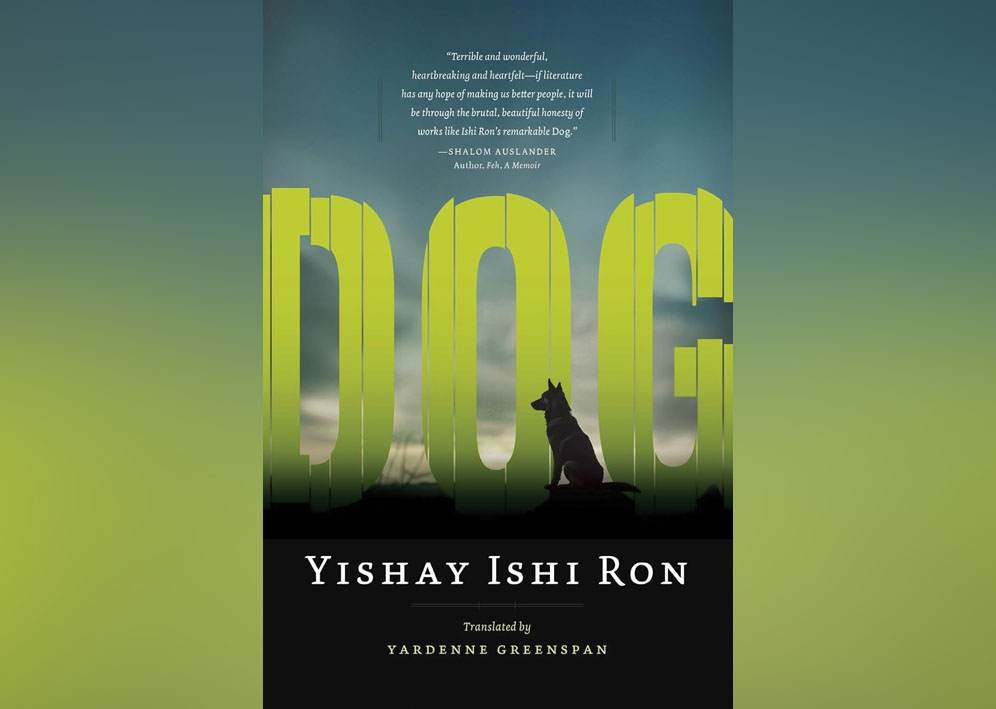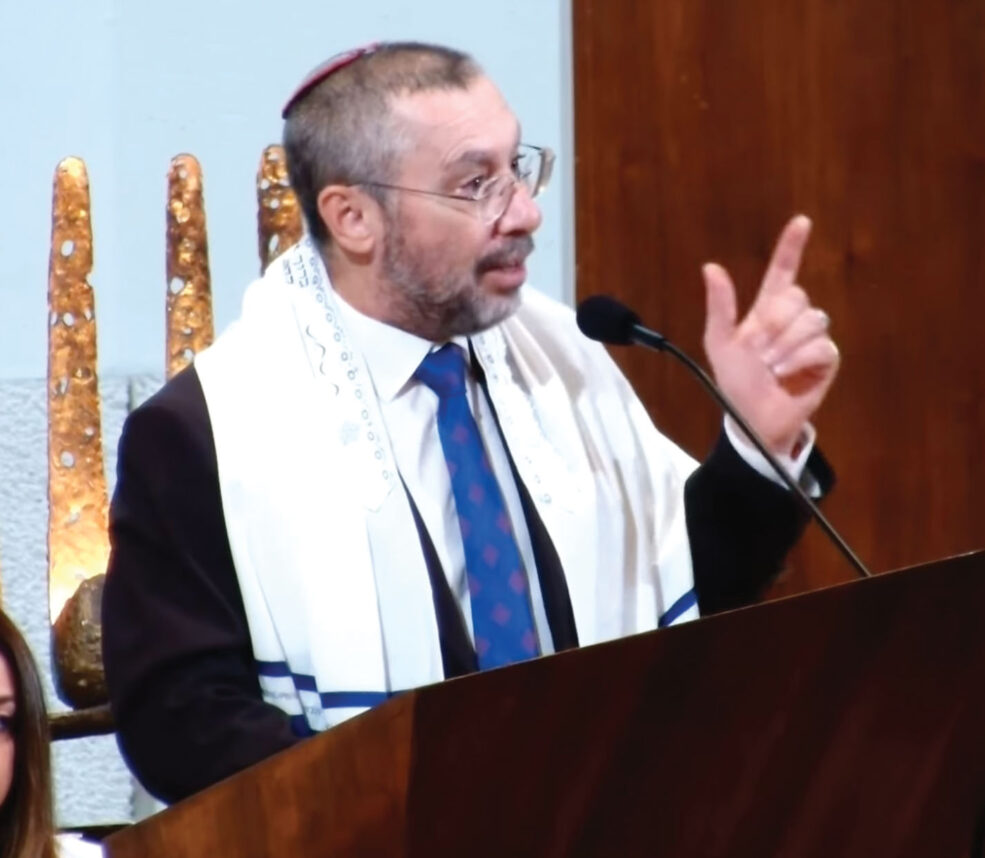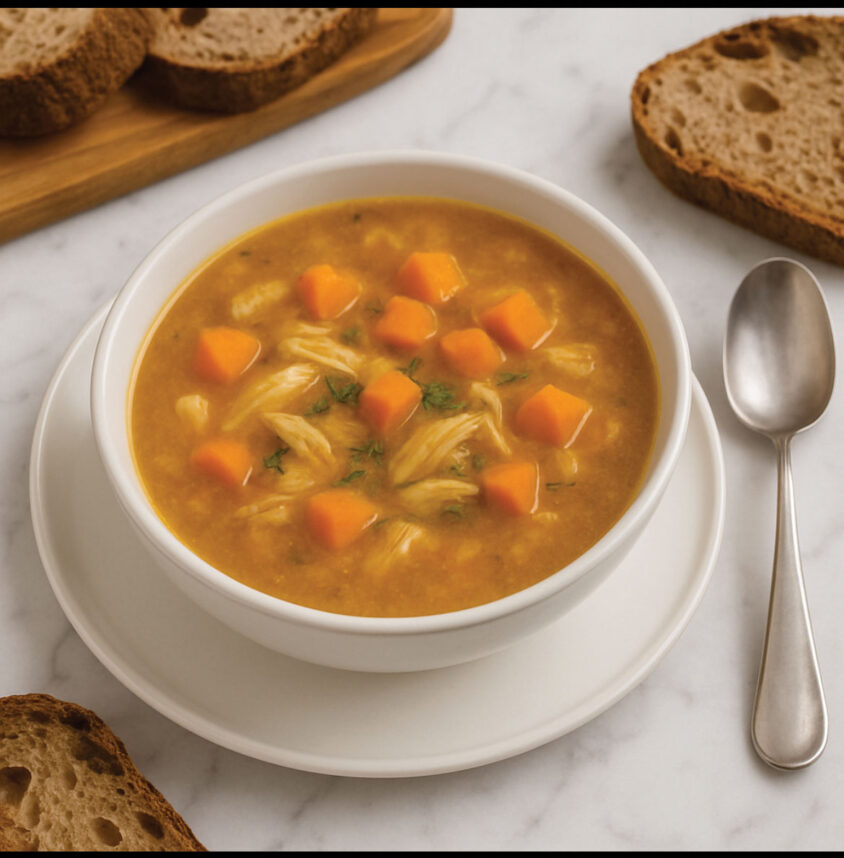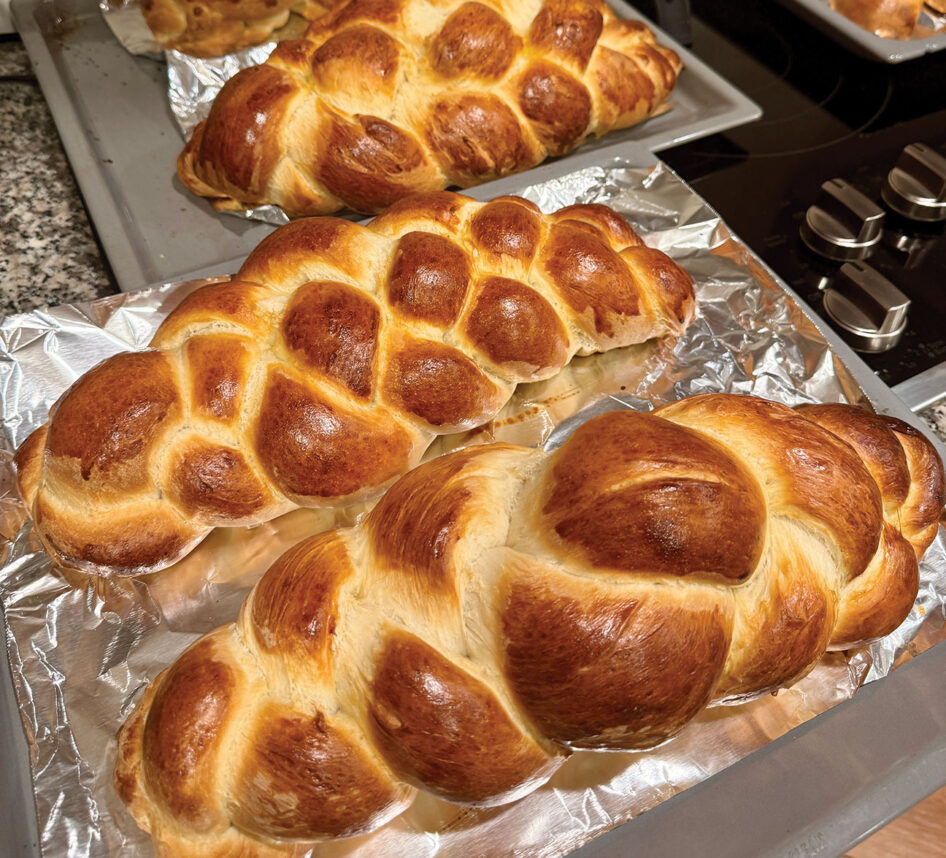
The most intense of all the holidays is Yom Kippur, the Day of Atonement, filled with an aura of heaviness and awesomeness. Most Jews feel this intense sense of dread and even the most rational amongst us respond from deep in the gut, feeling ill at ease, desiring to receive expiation or some semblance of release from the weighty sense of guilt and remorse after confronting our misdeeds. We stand together, even if apart, expressing the many possibilities of destructive behavior, inappropriate, or sinful, beating our chests and awakening our hearts to how far we can fall or stray.
Kaporet, which means to cover and is also the name of the top of the golden Ark the Israelites carried through the desert that held both the broken and newly created tablets given to Moshe. It is as if we are covered with a kind of shmutz, particles of unseemly molecules that hover within and around us, aware of a deep sense of diminished purity. We are reminded that two books lay before us, The Book of Life and The Book of Death, and our name is found somewhere, amongst others, in one or the other. To put salt in the wound the liturgy goes on to describe the many possible ways we might come to our end, and though couched in language of the Middle Ages, quite simply it mentions all the of the possible natural elements — fire, water, earthquake, etc. — most of which we have seen in abundance over this last year. If we modernize the possibilities then the psycho-emotional-spiritual possibilities abound — overdose, suicide, mass shootings, antisemitic hatred, ill-health and disease.
And yet for some the book is just empty pages waiting to be filled. Aware that despite accidents and being the wrong place at the wrong time, we have the capacity to write our own future. Choosing moral, ethical, and caring behaviors, towards others and ourselves, we can lift our lives in goodness. However, death is inevitable. Yom Kippur comes to remind us of that fact since much of the ritual is purposefully created by the rabbis to enact our death, tasting tiny morsels of reality and focus on the what’s truly important, cleansing our souls so they can move into the next world free and unencumbered. We wear white, a reminder of the shroud we will be buried in and deprive our bodies of the daily care and nourishment we need to stay alive, feeling grungy, hungry, and tired, a far cry from being full of vitality. We focus through prayer, song, and meditation on honesty, self-awareness, and crying out, attempting to elevate our Neshamas, our souls, towards Divine presence, HaMakom, the ‘place’ of Rachmanus, compassion, we so need to feel cleansed and rebirthed.
The irony is that at the very beginning of the Yom Kippur evening service we state the essence of what Yom Kippur is about. It represents the day Moshe returns from the top of Sinai, once again, having encountered G-d, pushing, prodding, and cajoling G-d into forgiving the people for their sin of creating the Golden Calf, abandoning their newly formed relationship because of their own fears and insecurity. G-d wanting to reject and destroy them all is reminded by Moshe that at the very core of the Holy One is a heart of compassion and a desire to forgive. And in a moment of sublime intimacy G-d says, “I shall make all My goodness pass before you…” The fullness of G-d’s love and compassion overflows, G-d gives Moshe a replacement set of tablets, a second chance is to be had, and calls out “Adonai, Adonai, Compassionate and Gracious, Slow to Anger and Abundant in Kindness and Truth, Preserver of Kindness for Thousands of generations, Forgiver of Iniquity, Willful Sin, and Error, Who Cleanses …” Even in the midst of taking responsibility for our actions, repeatedly we chant this phrase, a reminder that “G-d loves the broken hearted,” reminded forgiveness is present and we can return. From the very beginning we repeat the most crucial and benevolent statement, “And G-d said, I have forgiven as you asked.” We are embraced and loved even as we own what we’ve done by the Father and Mother of us all.
Love, grace, and compassion is truly the heart of Yom Kippur and learning to emulate these Divine qualities for ourselves, and for others, is one of the great opportunities we receive each Day of Atonement.
Rachamim, compassion, has the same root as the word Rechem, a womb. There is no more compassionate space than that which holds each one of us for nine months, nourishing and protecting us into life. Yom Kippur is a moment reentering the Divine Womb, where we can be rebirthed anew, coming through with expansion and elevation, cleansed, strengthened, and reinvigorated. Love, grace, and compassion is truly the heart of Yom Kippur and learning to emulate these Divine qualities for ourselves, and for others, is one of the great opportunities we receive each Day of Atonement.
Eva Robbins is a rabbi, cantor, artist and the author of “Spiritual Surgery: A Journey of Healing Mind, Body and Spirit.”

